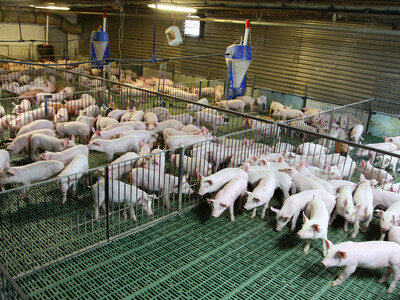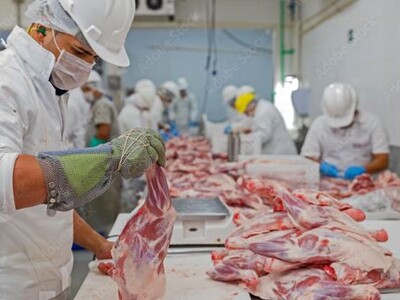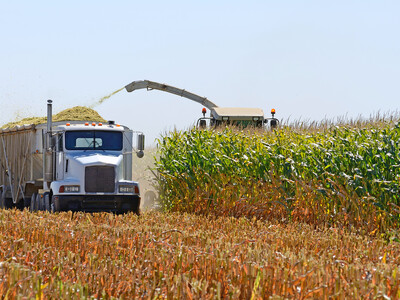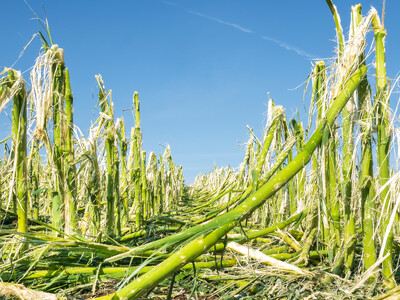Getting Ready to Deal with Pests
Getting Ready to Deal with Pests. I’m Greg Martin with today’s Line On Agriculture.
Spring has arrived and everyone is emerging from inside their homes to do yard and garden work. That often means using pesticides, which requires care and caution. Home-use pesticides can be used safely and effectively if all precautions are taken. The Oregon Department of Agriculture is stepping up its outreach and education of homeowners this spring. That includes asking residents to do some homework before purchasing a pesticide product.
JONES: There's that idea that if one is good, two are better. That's not always the case. It's really important to make sure that you correctly identify the pest that you are hoping to treat, that you pick a product that is appropriate for the location that you are going to be making the application to.
ODA pesticide investigator Sunny Jones says just about everything you need to know about pesticide use can be summed up in three words.
JONES: Read the label. Read those instructions. And just as importantly, actually follow the instructions on the label. You are going to save yourself a lot of headaches in the long run if you can follow those two steps.
The label tells you not only what pests the pesticide product takes care of, but gives you special precautions and helps you understand if it's the right pesticide to use. Information on proper storage and disposal is also contained on the label. Consumers should know that pesticide products may be easy to find on the store shelf, but that doesn't mean they should be treated lightly. Jones says you can avoid a lot of storage and disposal problems before you actually purchase the pesticide product.
JONES: By making sure that you only purchase the amount of product you need, you are going to reduce the amount you need to snow, which is going to be less space, again less potential for somebody to come in contact with it that shouldn't, and it's going to be less money out of your pocket ultimately as well.
Jones says products available to homeowners are many times the same chemicals that are available to licensed and professional pesticide applicators who are required to take a test to demonstrate their knowledge.
JONES: Many times, there's this perception that licensed applicators or farmers are using scary chemicals or large quantities of chemicals when you and I, as homeowners, may have access to the same chemical. We don't' have the education. Therefore, it's incumbent upon us to be even more vigilant in looking at that label.
That’s today’s Line On Agriculture. I’m Greg Martin on the Northwest Ag Information Network.

















